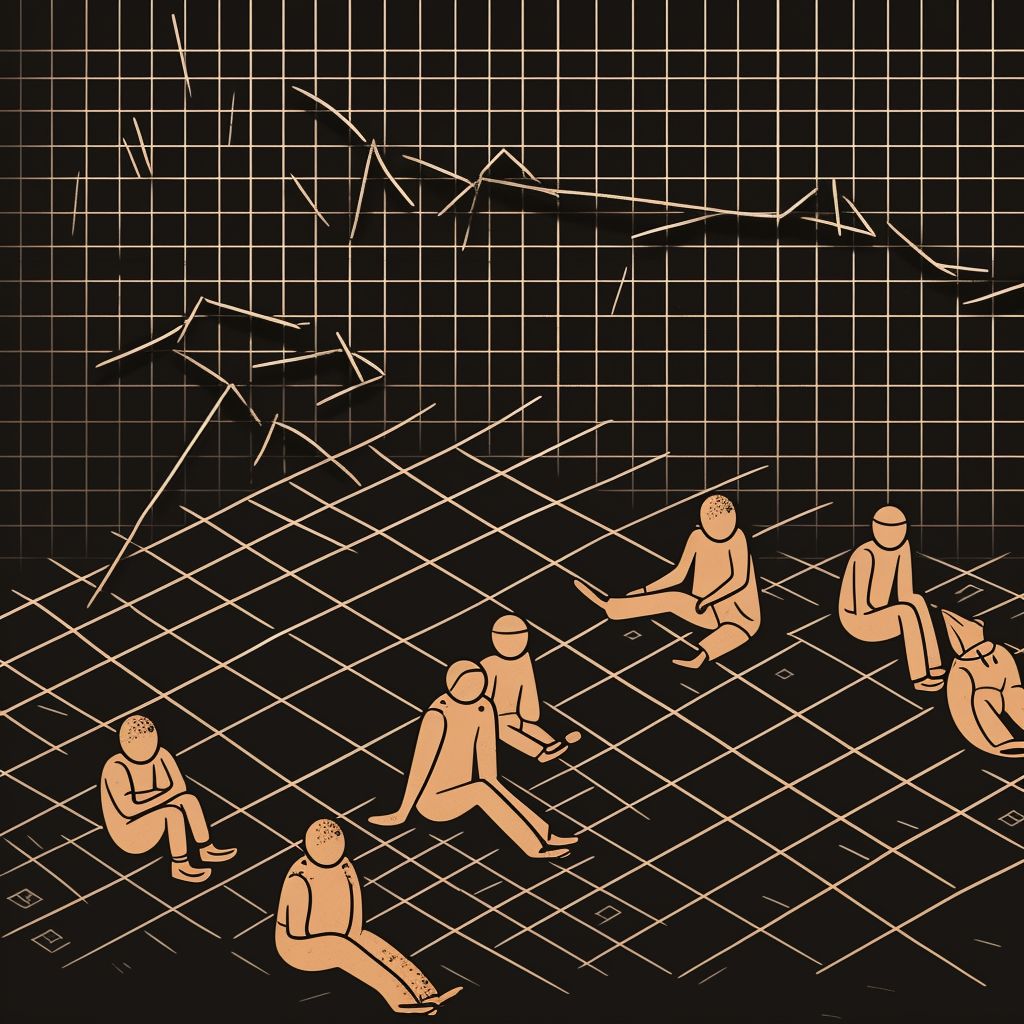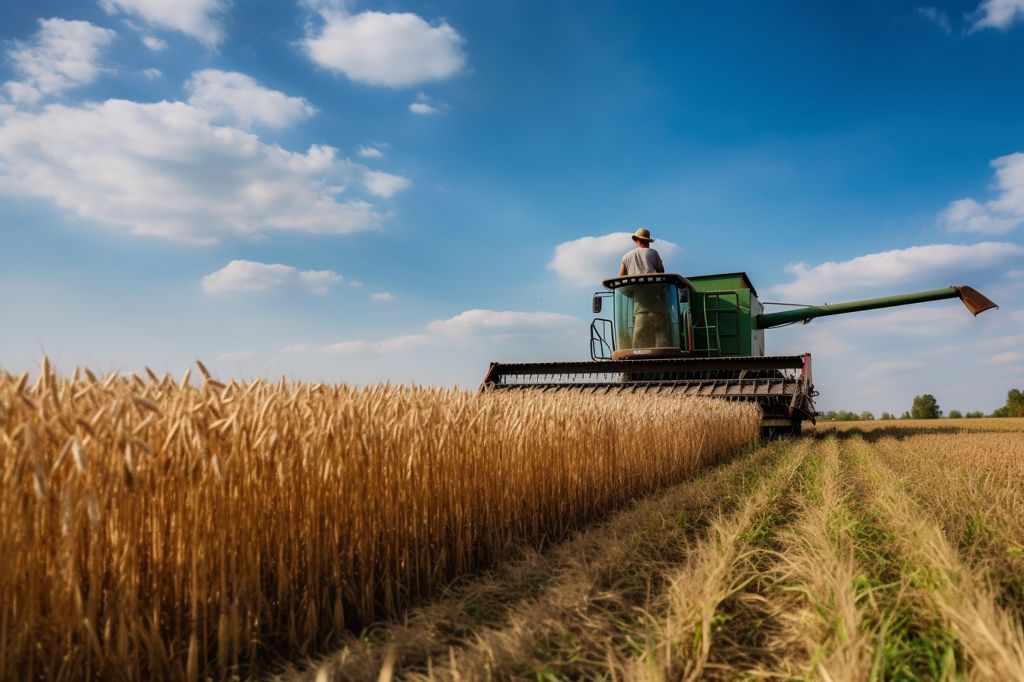South Africans may have to brace themselves for more severe power outages as Eskom, the country’s energy provider, considers implementing loadshedding measures beyond stage 8 to prevent the national grid’s collapse.
The Crucial Document
The National Regulatory Services Association of SA (NRS) is working on a voluntary NRS048-9 edition 3 document that would regulate loadshedding schedules and permit Eskom and municipalities to enforce loadshedding beyond stage eight during emergencies. However, the document is still awaiting review and approval from the National Energy Regulator of SA.
Eskom’s Response
Eskom’s spokesperson, Daphne Mokwena, confirmed that the document exists but emphasized that the guidelines will only be implemented in emergencies threatening the grid’s stability. Mokwena also acknowledged that ensuring the grid’s safety is uncertain, but it is essential to have measures in place.
Proposed Changes
The current NRS048-9 edition 2 document regulates loadshedding schedules, allowing up to stage 8. However, the system operator has requested stages 9 to 16 to be included in the code of practice when updating the NRS048-9 edition 3 through the industry working group. The new document will be a legal license for Eskom and municipalities to enforce loadshedding beyond stage eight.
Possible Outcomes
If stage 16 loadshedding is implemented, South Africans may endure 32 hours of power outages in 32 hours. Most municipalities and Eskom-supplied areas currently follow a two-hour loadshedding schedule. Therefore, citizens and businesses would need to adapt to more extended periods of power outages and plan their energy consumption accordingly.
Defense of Loadshedding
Vally Padayachee, the NRS management committee chairperson and former group executive of Eskom’s generation division, has defended loadshedding as a necessary strategy to prevent a blackout’s catastrophic consequences. However, the country’s energy landscape is changing, and renewable energy sources are being developed and integrated into the grid. This diversification of energy sources may reduce reliance on loadshedding in the long run.
The possibility of stage 16 loadshedding in South Africa remains uncertain, but being prepared for emergencies is crucial. In addition, adapting to potential changes in the energy landscape will be essential for citizens and businesses.












